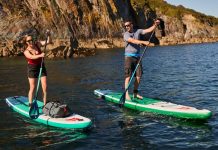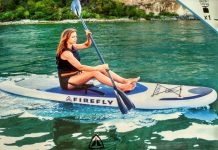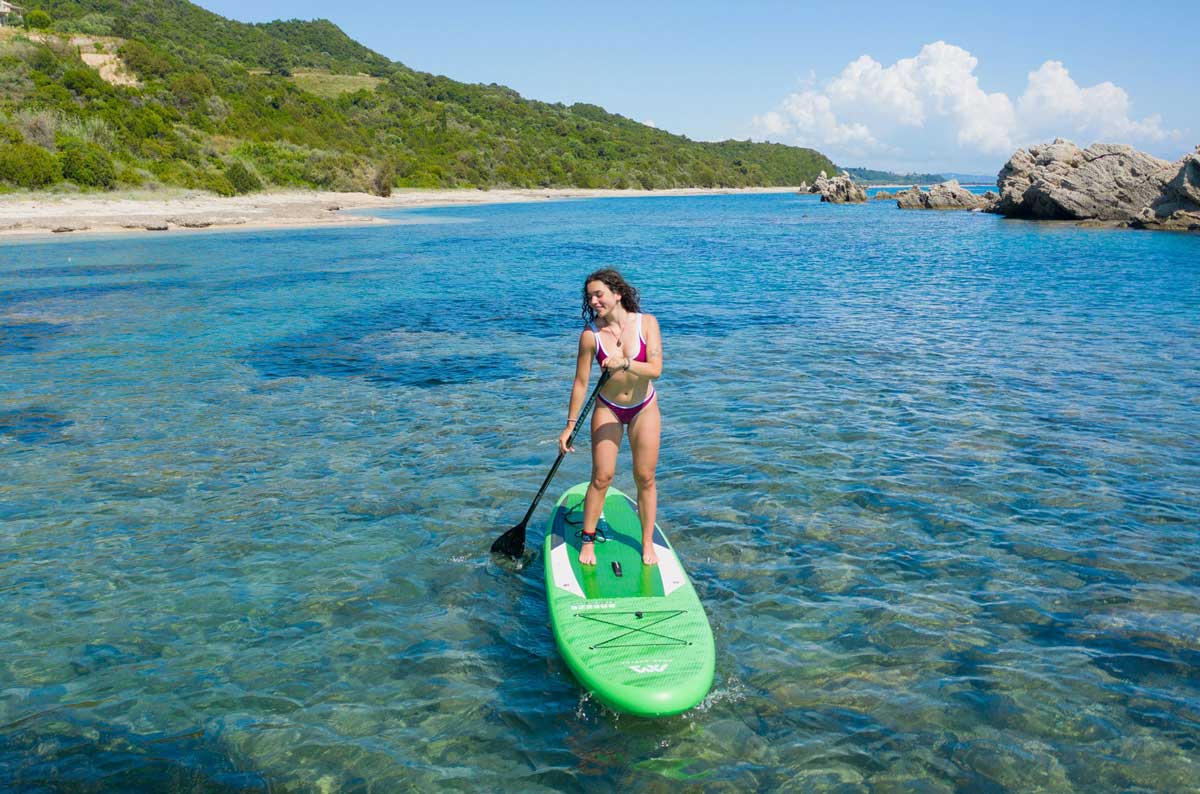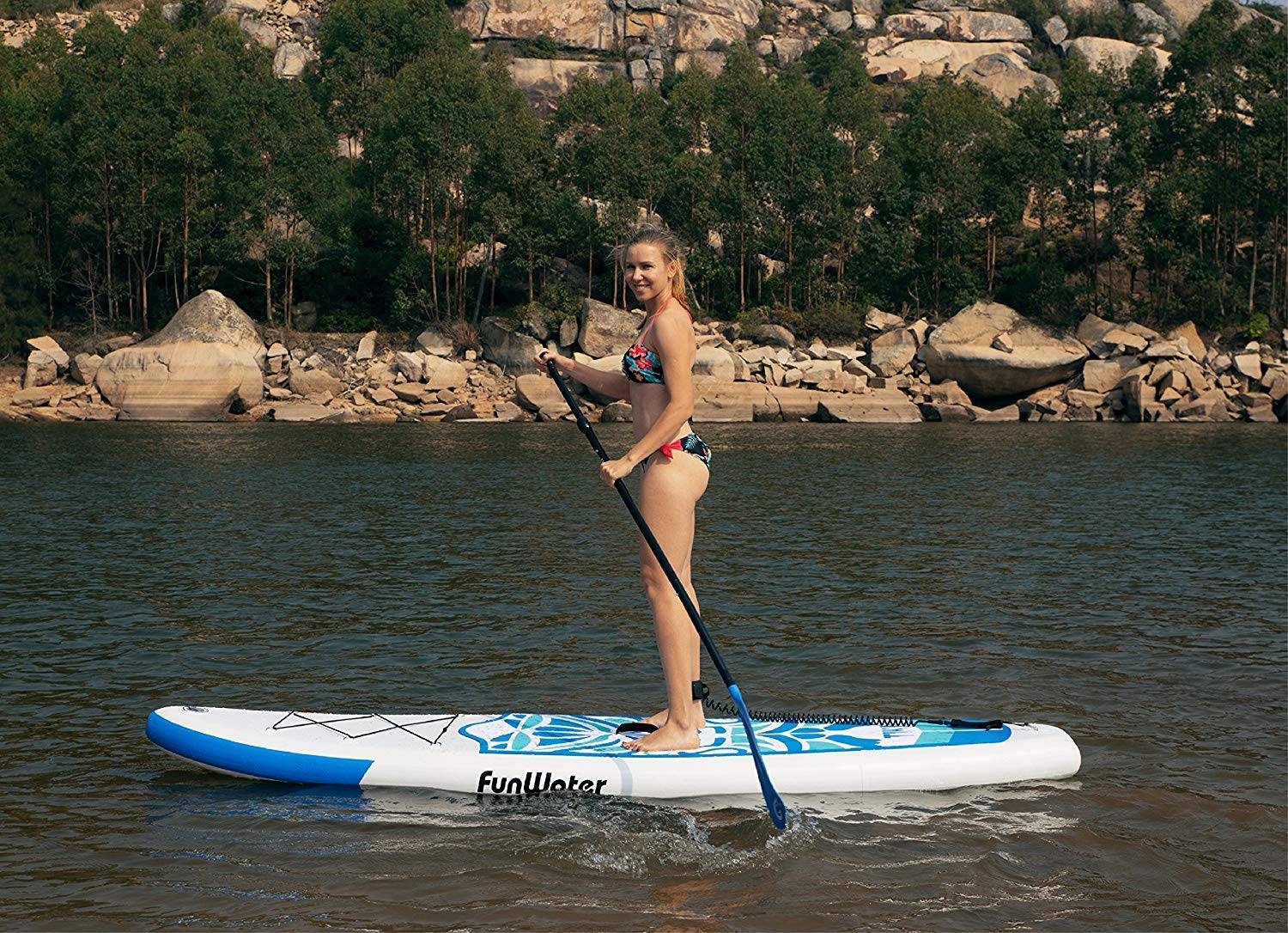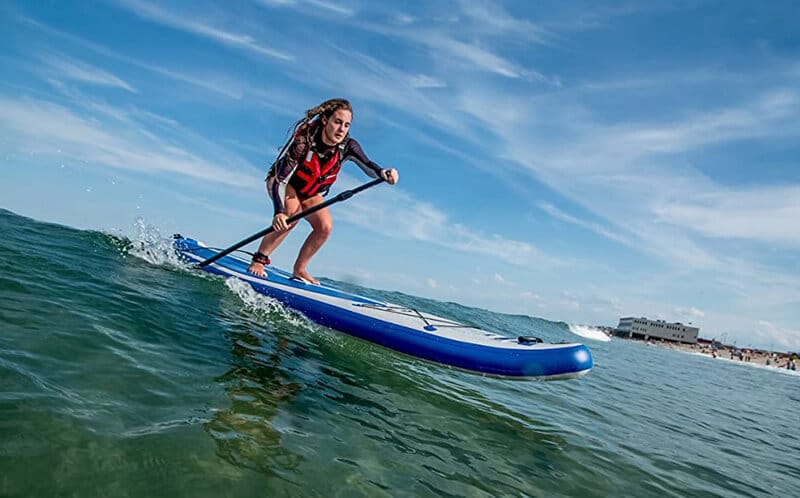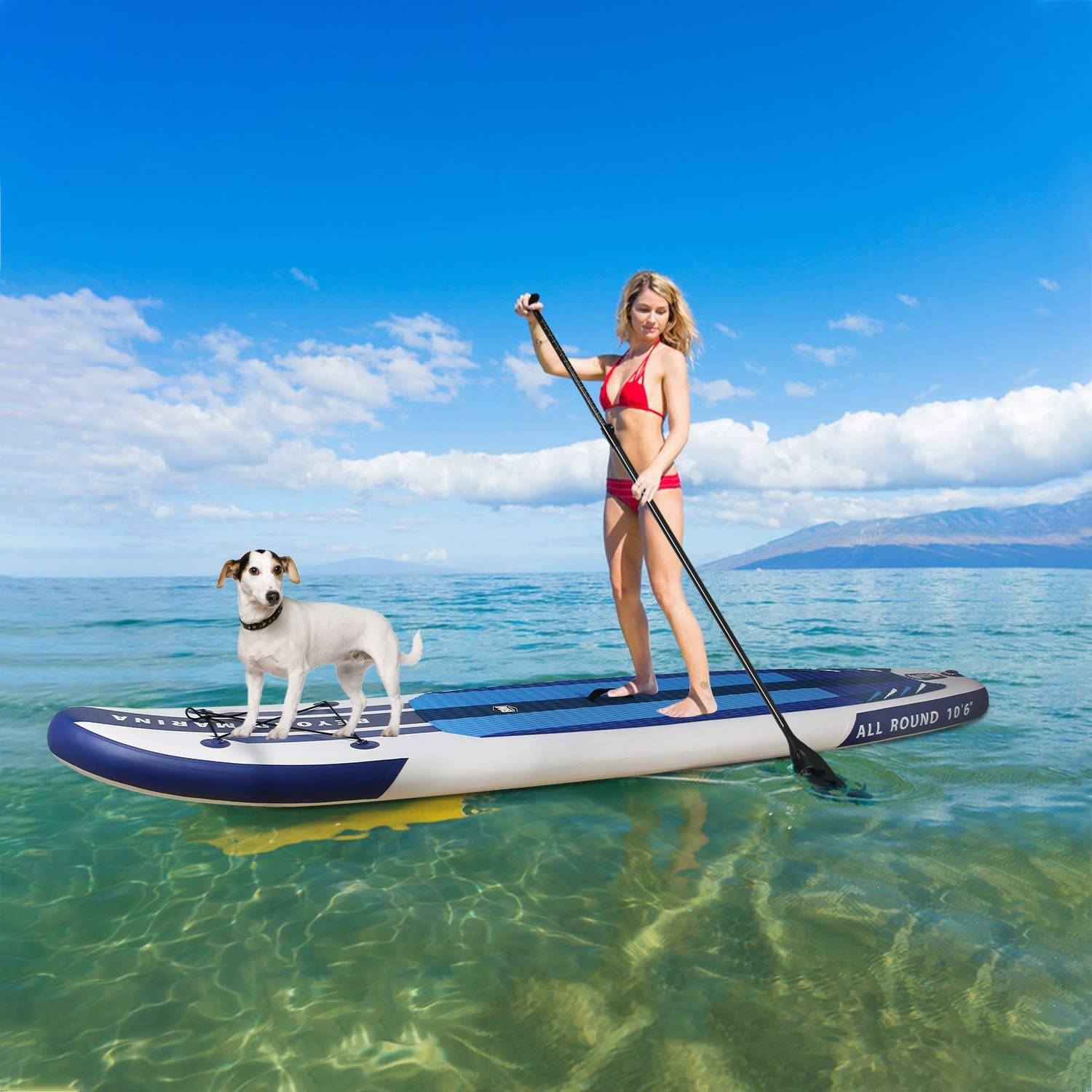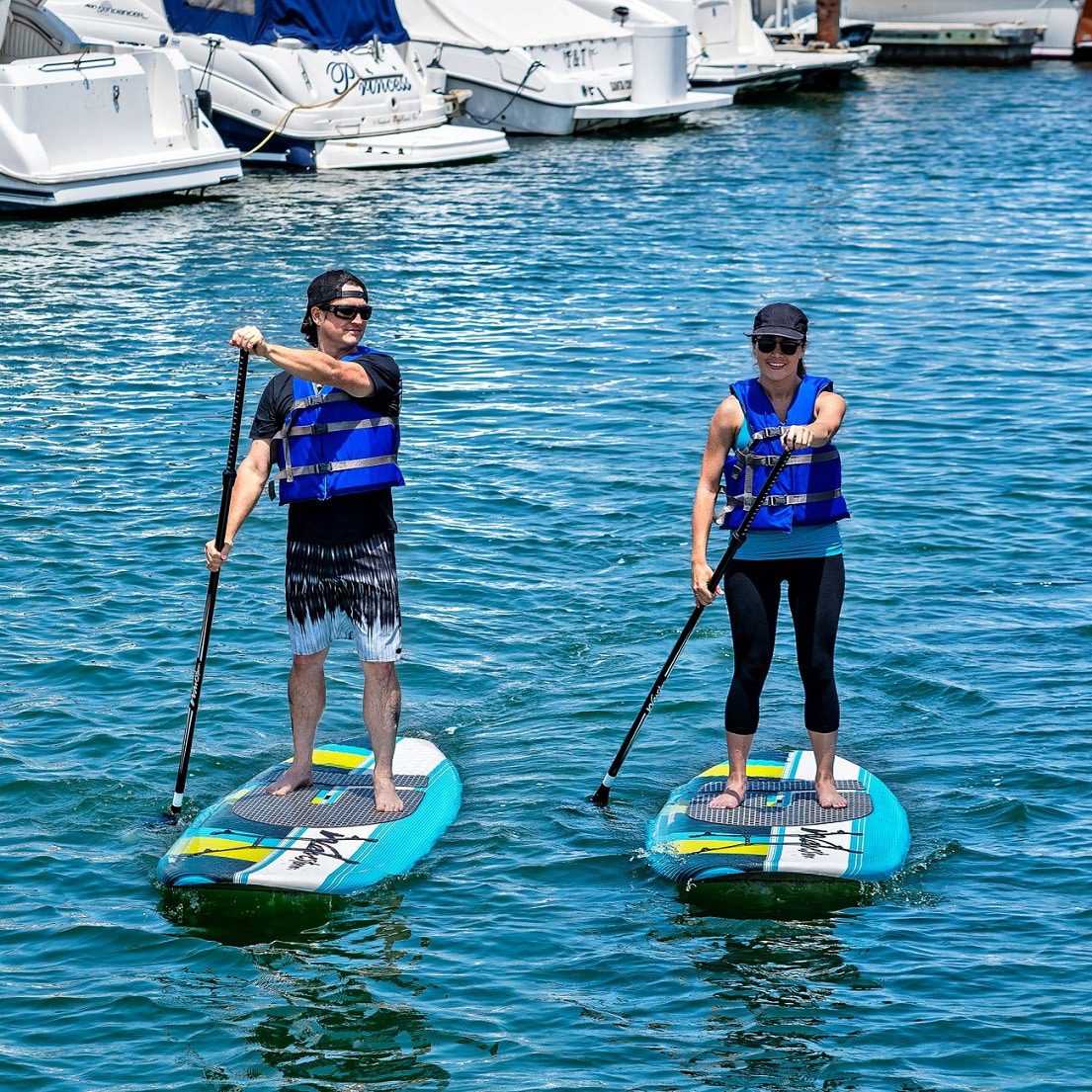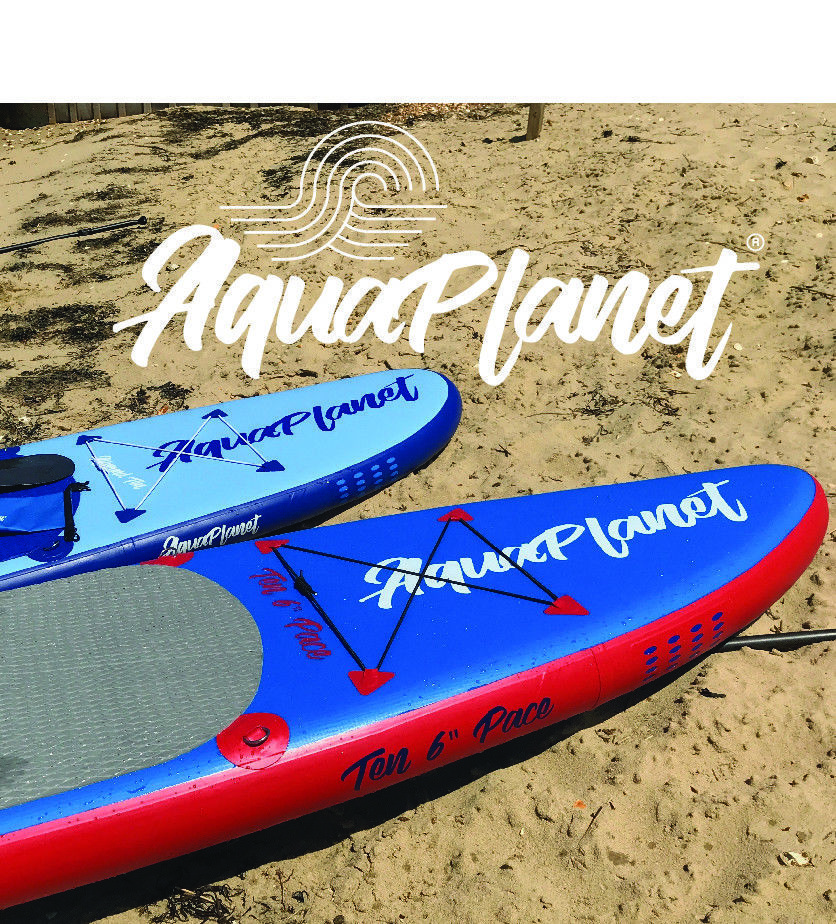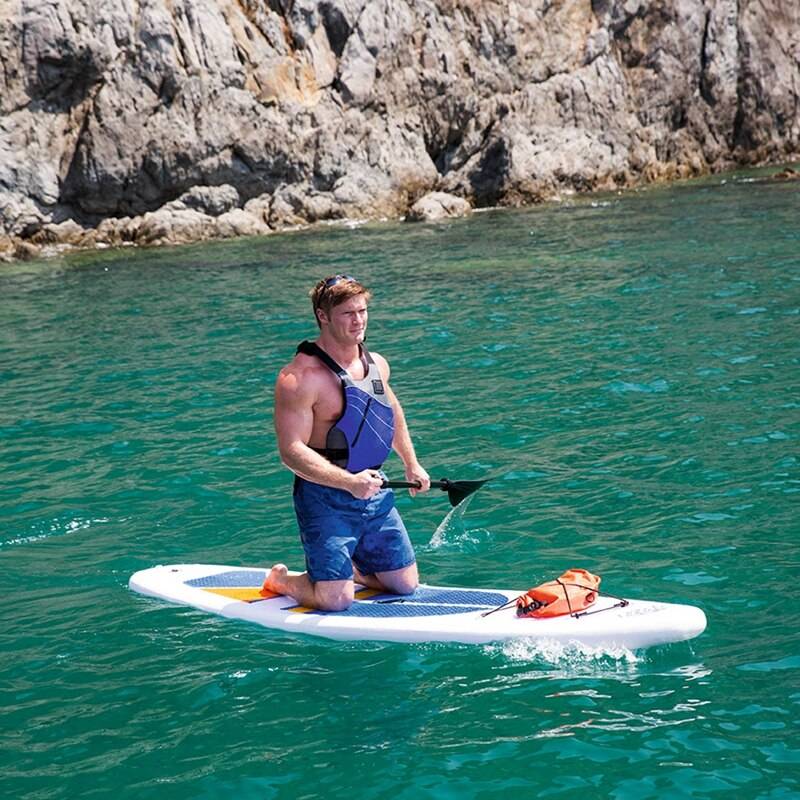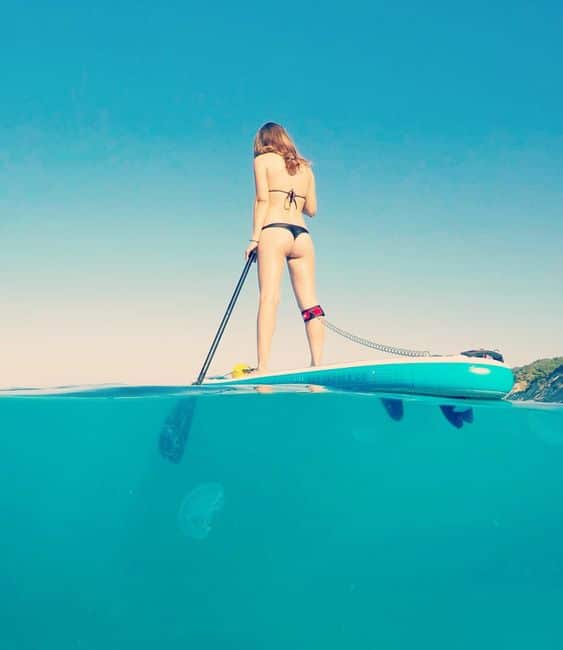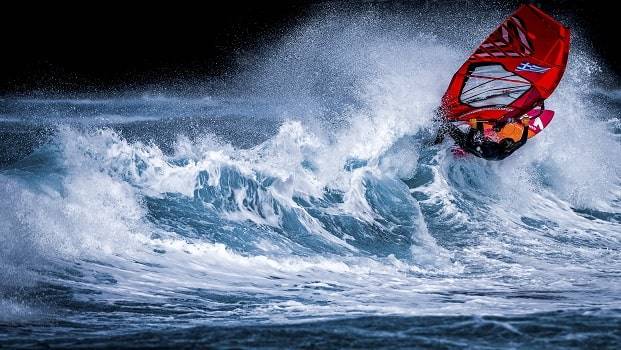Are you ready to embark on an unforgettable underwater adventure? Look no further than Scuba Diving: Experience The Wonders Of Scuba Diving. In this thrilling article, we will take you on a journey beneath the surface of the ocean, where you will discover a world teeming with vibrant marine life, captivating coral reefs, and mysterious shipwrecks. Get ready to strap on your diving gear and dive into the depths as we explore the exhilarating experience of scuba diving.
Benefits of Scuba Diving
Scuba diving is not just a fun and adventurous activity; it also offers numerous physical and mental health benefits. When we go scuba diving, we engage in a full-body workout that helps improve our cardiovascular health, increase muscle strength, and enhance flexibility. The resistance provided by the water adds an extra challenge to our movements, making every dive a fantastic exercise session. In addition to physical fitness, scuba diving also promotes mental well-being and stress relief.
Physical Fitness and Health Benefits
The physical fitness benefits of scuba diving are truly remarkable. When we dive, the water’s resistance requires our muscles to work harder, which enhances our strength and endurance. This low-impact exercise is gentle on our joints, making it suitable for people of all ages and fitness levels. The constant swimming against the current helps to burn calories and improve our cardiovascular health. Furthermore, scuba diving also offers great opportunities for improving our flexibility and overall body coordination.
Mental Well-being and Stress Relief
Apart from the physical benefits, scuba diving also provides us with a much-needed mental break and stress relief. When we dive into the serene underwater world, we leave behind the noise and distractions of the surface world. The calming effect of the water, along with the rhythmic breathing and weightlessness sensation, creates a sense of peace and tranquility. The underwater environment has been proven to reduce stress, anxiety, and even symptoms of depression. It allows us to disconnect from our daily worries and immerse ourselves in the present moment, providing a sense of mindfulness and relaxation.
Required Skills and Training
Before embarking on a scuba diving adventure, it is important to acquire the necessary skills and training to ensure a safe and enjoyable experience. While scuba diving may seem daunting at first, with proper instruction and practice, anyone can become a competent diver.
Swimming and Snorkeling Skills
Competent swimming skills are essential for scuba diving. We should be comfortable swimming in open water and have the ability to tread water for extended periods. Prior experience in snorkeling is also beneficial, as it helps us become familiar with breathing through a snorkel and using fins.
Understanding Equipment and Safety Measures
Scuba diving involves the use of specialized equipment, and understanding how it works is crucial for our safety and enjoyment. We should learn about the various components of scuba diving equipment, including the air tank (cylinder), regulator, mask, fins, buoyancy compensator device (BCD), and dive computer. Additionally, we need to familiarize ourselves with the safety measures, such as proper buddy procedures, hand signals, and emergency protocols.
Certification Courses
To become a certified scuba diver, we must complete a scuba diving certification course from an accredited organization such as PADI (Professional Association of Diving Instructors) or SSI (Scuba Schools International). These courses typically consist of classroom sessions, confined water training (e.g., pool sessions), and open water dives. The certification process ensures that we have the necessary knowledge and skills to dive safely and responsibly.
Equipment for Scuba Diving
Scuba diving requires specialized equipment to ensure our safety, comfort, and enjoyment. As we venture into the underwater world, we need to be properly equipped with the following essential gear:
Wetsuits and Drysuits
Wetsuits and drysuits are designed to provide thermal insulation and protect us from the cold water temperatures. Wetsuits are typically made of neoprene and provide insulation by trapping a thin layer of water against our skin, which gets warmed up by our body heat. Drysuits, on the other hand, keep us dry by preventing water from entering and are ideal for diving in extremely cold waters.
Mask, Fins, and Snorkels
A dive mask allows us to see clearly underwater by creating an air pocket around our eyes. It should fit snugly and have a tempered glass lens for durability. Fins enable us to move efficiently through the water and come in various styles, such as open heel or full foot. A snorkel allows us to breathe on the surface without lifting our head out of the water, conserving energy during surface intervals.
Buoyancy Compensators
A buoyancy compensator device (BCD) plays a crucial role in controlling our buoyancy underwater. It allows us to achieve neutral buoyancy by adjusting the amount of air in the BCD and helps us maintain our desired depth effortlessly. The BCD also acts as a harness for securing the air tank and other accessories.
Regulators and Dive Computers
Regulators are the primary breathing apparatus in scuba diving, which allow us to breathe compressed air from the tank. They consist of a first stage, a second stage, and an alternate air source for emergencies. Dive computers, on the other hand, provide vital information such as depth, dive time, decompression limits, and no-decompression limits. They help ensure safe dive profiles, prevent decompression sickness, and assist in planning repetitive dives.
Underwater Cameras and Lights
For those who want to capture the mesmerizing beauty of the underwater world, underwater cameras and lights are essential accessories. With advances in technology, underwater cameras have become more compact, affordable, and user-friendly, allowing us to document our dive experiences and share them with others. Underwater lights help illuminate the vibrant colors of the marine life and enhance our visibility and safety during night dives.
Choosing the Right Dive Destination
Selecting the right dive destination is crucial for an unforgettable underwater experience. It is important to consider several factors when choosing where to dive, including the following:
Factors to Consider
- Water Temperature: Different dive destinations have varying water temperatures, so it’s important to choose a destination with comfortable water temperatures for us.
- Marine Biodiversity: The richness and diversity of marine life can greatly enhance our diving experience. Choose destinations known for their vibrant coral reefs, fish species, and other marine creatures.
- Visibility: The visibility underwater can vary from one location to another. Opt for destinations with clear water visibility to fully appreciate the underwater scenery.
- Currents: Depending on our skill level, we may prefer destinations with calm or more challenging currents. Strong currents can provide thrilling drift dives, while calmer currents are ideal for beginners.
- Accessibility: Consider how easily the dive destination can be reached and whether it requires additional travel arrangements such as domestic flights or boat transfers.
Popular Scuba Diving Destinations
- The Great Barrier Reef, Australia: Famous for its breathtaking coral reefs, the Great Barrier Reef offers an abundance of marine life and various diving sites suitable for divers of all levels.
- The Blue Hole, Belize: This iconic dive site features a natural sinkhole with crystal-clear, deep blue waters and is home to a diverse range of marine species, including sharks and sea turtles.
- Barracuda Point, Malaysia: Located in Sipadan Island, Barracuda Point is renowned for its massive schools of barracuda and other pelagic species. The strong currents make it an exhilarating dive site.
- Silfra, Iceland: Silfra is a unique diving location, as it offers the opportunity to dive between the continental plates of Europe and North America, experiencing the incredible underwater visibility and geological formations.
Marine Life Encounters
One of the most captivating aspects of scuba diving is the opportunity to witness the incredible diversity of marine life. When we dive, we enter a whole new world filled with fascinating creatures and vibrant coral reefs.
Exploring Coral Reefs
Coral reefs are some of the most biodiverse ecosystems on Earth, and diving gives us a chance to explore these magnificent underwater cities. As we float above the coral reefs, we can observe the vibrant colors and intricate structures created by the diverse coral species. In these delicate ecosystems, we may encounter an array of marine creatures such as tropical fish, sea turtles, rays, eels, and even sharks. It’s a truly mesmerizing experience to witness the intricate relationship between the corals and the marine life that depends on them.
Interacting with Marine Life
While scuba diving, we have the privilege to interact with marine creatures in their natural habitat. However, it is important to remember to always respect and observe the marine life without causing any harm. We can observe various fish species as they glide gracefully through the water, perhaps encountering an inquisitive school of barracuda or a curious clownfish hiding among anemones. With proper training and guidance, we may even have the rare opportunity to swim alongside majestic creatures such as dolphins, manta rays, or whale sharks. These encounters leave a lasting impression and create lifelong memories.
Spotting Unique Species
Some dive destinations offer incredible opportunities to spot unique and rare species. From tiny nudibranchs and sea slugs to large pelagic animals, each encounter is a unique thrill. For example, diving in certain locations may provide the chance to witness mesmerizing bioluminescent displays, where organisms light up the dark waters with their enchanting glow. Exploring underwater caves and caverns can also reveal hidden species adapted to these unique environments. Every dive is an opportunity to encounter something remarkable and take a closer look at the wonders of the marine world.
Best Time for Scuba Diving
To ensure optimal diving conditions and maximize our underwater experience, it is essential to consider the best time for scuba diving. Various factors, such as seasonal considerations, ideal weather, and water conditions, can greatly impact our dive experiences.
Seasonal Considerations
Different dive destinations may have specific seasons that offer the best conditions for diving. For example, some locations experience heavy rainfall or strong currents during certain months, which may affect visibility or make diving more challenging. Researching the best seasons for diving in a specific destination can help us plan our trip accordingly and increase the chances of favorable diving conditions.
Ideal Weather and Water Conditions
When planning a diving trip, it is important to consider the ideal weather and water conditions. Generally, calm seas, mild temperatures, and minimal precipitation create more enjoyable diving experiences. Some destinations offer tropical climates with warm waters year-round, making them perfect for diving at any time. It is advisable to check local weather patterns and water temperatures to choose the most suitable time for our dive adventure.
Dive Planning and Safety
Safety should always be a top priority when engaging in any scuba diving activity. Proper dive planning and adherence to safety protocols can make a significant difference in ensuring a safe and enjoyable experience.
Pre-Dive Safety Checks
Before diving, it is crucial to conduct pre-dive safety checks to ensure that all equipment is functioning properly and each diver is ready for the dive. This includes checking the air supply, verifying the functionality of the regulator and BCD, and confirming that all divers understand the hand signals and emergency procedures.
Buddy System and Dive Signals
The buddy system is an essential safety practice in scuba diving. Diving with a buddy means that we have someone watching our back and vice versa, providing an extra level of safety and assistance in case of emergencies. Before the dive, we should agree on the hand signals and communication methods to ensure effective underwater communication. Clear and concise signals help us convey important messages such as low air supply, potential hazards, or the need to ascend.
Emergency Procedures and First Aid
Even with careful planning, emergencies can occur during a dive. It is important to be familiar with emergency procedures and have a basic understanding of first aid. Dive organizations often provide training on emergency protocols, including how to respond to situations such as a lost buddy, a free-flowing regulator, or a diver experiencing difficulties underwater. Being prepared for emergencies and knowing how to respond can make all the difference in maintaining safety and preventing panic.
Types of Diving
Scuba diving offers a wide range of diving experiences, each with its own unique thrills and challenges. From recreational diving to more advanced technical and cave diving, there is something for everyone.
Recreational Diving
Recreational diving is the most common and accessible form of scuba diving. It involves diving within recreational dive limits (usually up to 40 meters or 130 feet) and participating in non-decompression dives. Recreational divers can explore coral reefs, encounter marine life, and enjoy the wonders of the underwater world. This type of diving is suitable for beginners and experienced divers alike.
Technical Diving
Technical diving is a more advanced form of diving that involves diving beyond recreational limits. It requires specialized training, equipment, and knowledge of advanced dive planning and procedures. Technical divers often explore deeper waters, conduct decompression dives, and use gas mixtures other than air, such as nitrox or trimix. This type of diving offers the opportunity to explore wrecks, caves, and other challenging dive sites.
Cave Diving
Cave diving is one of the most demanding and thrilling forms of scuba diving. It involves exploring underwater caves and caverns, which require specialized training and equipment. Cave divers must possess advanced buoyancy control skills, navigation abilities, and a thorough understanding of cave systems and potential hazards. Cave diving offers a unique and awe-inspiring experience, with stunning rock formations and the sense of venturing into the unknown.
Environmental Conservation
As scuba divers, it is our responsibility to protect and preserve the fragile marine ecosystems we explore. By adopting responsible diving practices, we can minimize our impact on the underwater world and contribute to its conservation.
Protecting Coral Reefs and Marine Ecosystems
Coral reefs, often referred to as the rainforests of the sea, are under threat from various human activities and climate change. As divers, we can make a positive impact by avoiding contact with the reefs, using reef-safe sunscreens, and keeping a safe distance from marine life. By not touching or removing coral or any marine organisms, we help preserve the delicate balance of the ecosystem. Additionally, participating in coral restoration and cleanup efforts can contribute to the long-term health and sustainability of coral reefs.
Responsible Diving Practices
Responsible diving practices are essential for minimizing our impact on the marine environment. This includes proper buoyancy control to prevent damaging the reefs, avoiding direct contact with marine life, and not polluting the water with any waste. Being mindful of our fin kicks and avoiding disturbing the sediment on the ocean floor helps maintain visibility and protect fragile organisms. Lastly, participating in marine conservation initiatives, such as reef cleanups and citizen science programs, allows us to contribute directly to preserving marine ecosystems.
Unforgettable Underwater Dive Sites
The world is filled with incredible dive sites that offer unforgettable underwater experiences. Here are just a few examples of remarkable places to explore:
Great Barrier Reef, Australia
The Great Barrier Reef is a UNESCO World Heritage Site and the largest coral reef system in the world. Diving in this breathtaking underwater paradise allows us to encounter a myriad of marine species, including colorful corals, tropical fish, turtles, and even whales. With its vibrant biodiversity and stunning underwater landscapes, the Great Barrier Reef is a bucket-list destination for divers around the globe.
Blue Hole, Belize
The Blue Hole in Belize is a natural wonder that attracts divers from all over the world. This large sinkhole, surrounded by coral reefs, offers a unique and mysterious diving experience. Descending into the deep blue hole presents a mesmerizing view of stalactites and underwater caves. The Blue Hole is home to various marine life, including nurse sharks, reef sharks, and vibrant corals.
Barracuda Point, Malaysia
Situated in Sipadan Island, Barracuda Point offers an adrenaline-fueled diving experience. As the name suggests, this dive site is famous for its massive schools of barracuda swirling around in mesmerizing formations. Diving here also provides opportunities to encounter sea turtles, reef sharks, and other pelagic species. The strong currents make this dive site thrilling, attracting experienced divers looking for an exhilarating adventure.
Silfra, Iceland
Silfra in Iceland presents a unique diving experience like no other. Located within Thingvellir National Park, Silfra offers the chance to dive between two tectonic plates, the Eurasian Plate and the North American Plate. The crystal-clear visibility and unique geological formations create an otherworldly atmosphere. Divers can explore the underwater canyon, witnessing the magnificent colors and clarity of the glacial meltwater.
In conclusion, scuba diving offers a world of wonder and adventure beneath the surface of the water. From the physical fitness and mental well-being benefits to the thrill of encountering marine life and exploring unique dive sites, scuba diving has something to offer everyone. By developing the necessary skills and training, choosing the right dive destinations, and promoting environmental conservation, we can embark on unforgettable journeys into the underwater realm. So dive in and experience the wonders of scuba diving for yourself!

